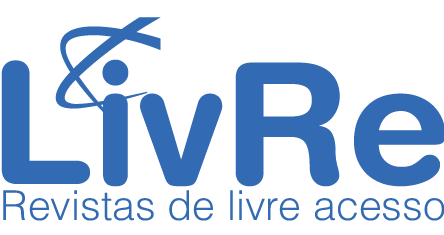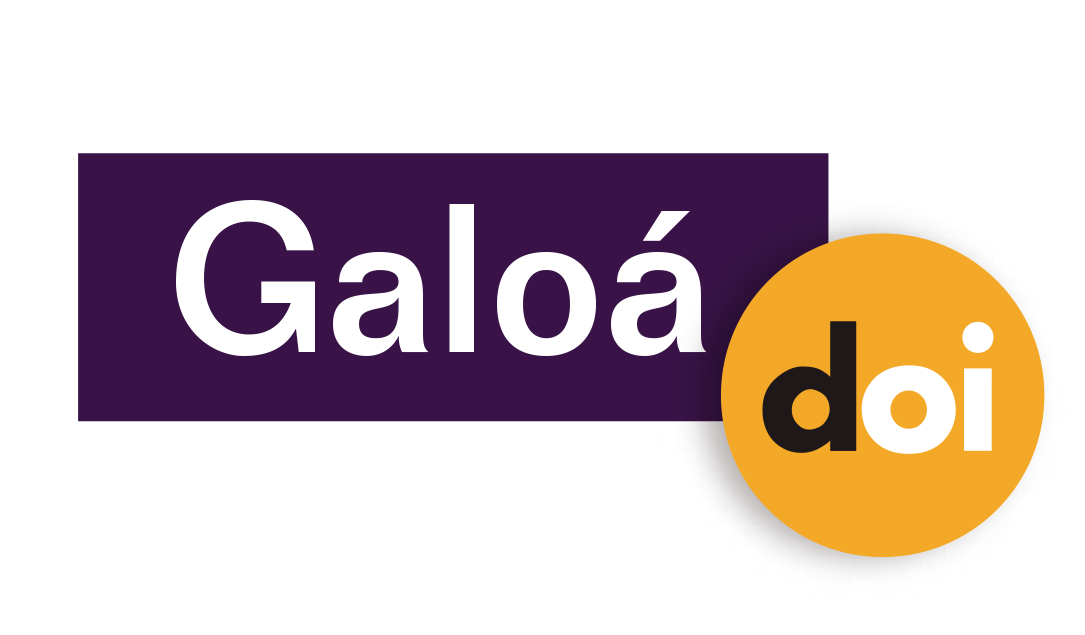Water Analysis from the Jacuba Stream in Araguaína, Brazil: A Generative Theme for Chemistry Teaching
Resumo
ABSTRACT
It is known that the study of chemistry and its education are of great value for improving the quality of life of a society, and this is the crucial point that we have to worry about trying to increase the interest of our students for this discipline. It is also clear that many schools, especially public ones, do not provide the educational resources that contribute to the appeal of these students. To contribute to chemistry education, this study aims to investigate possible progress in increasing the interest and academic achievement of chemistry students through field and experimental classes, which will facilitate the teaching/learning in this discipline so important for the advancement of our society and to contemplate the process of Environmental Education for Sustainable Development. The study was conducted through qualitative/quantitative methods with 95 state school students from high school in Araguaína/TO, Brazil. Initially, a pre-test was applied in the form of a questionnaire to assess the interest of the participants for chemistry; following this is the theoretical basis for discussing the theme "water chemistry" and its social and environmental importance. In sequence, the students went through an environmental trail and collected water samples from the Jacuba stream, which were subjected to laboratory analysis in order to verify the quality of the water consumed by inhabitants who use the stream water. Following this step, a visit to the municipal water treatment plant was carried out, where students received information about potability techniques. We also collected and analyzed treated water samples stored in household deposits from the students, to check for possible quality changes related to storage. At the end of the research, a post-test was used to assess whether there was an increase of interest in the discipline, after the application of the developed methodology. There was a positive change in the students regarding their view about the study of chemistry after the development of this methodology. The analytical results were compared with the parameters of Ordinance No. 2914 of the Ministry of Health, 2011, which establishes potability standards. The results of the analyzed parameters indicate that the Jacuba stream water is not potable and can cause health problems for the local population. The analysis of water samples from the domestic containers indicated, in some cases, modification of the parameters analyzed, probably related to non-occurrence of periodical cleaning of the containers. The methodology used in this research indicates one of the ways that can contribute to improving the teaching-learning process in chemistry, and may provide an increased interest and, consequently, a significant increase in their school performance and their ability to build scientific knowledge.
Palavras-chave
Texto completo:
PDF (English)Apontamentos
- Não há apontamentos.
Direitos autorais 2016 Tania Renata Prochnow, Edmilson Soares da Silva Costa

Esta obra está licenciada sob uma licença Creative Commons Atribuição 4.0 Internacional.
ANÚNCIOS
Informamos que, a partir de outubro de 2025, devido ao grande número de artigos na fila de submissão, está suspenso o aceite de submissões. Rebriremos em fevereiro de 2026.
Mais, informamos que sites fraudulentos, https://periodicos-ulbrabr.org e https://periodicos-ulbrabra.org, estiveram se passando pela Acta Scientiae, utilizando nosso nome e identidade visual e até solicitado taxas de APC, que nós não cobramos. Aconselhamos cautela para evitar serem enganados por sites semelhantes.
Conceito A2 na Capes(2021)
Índice h5 do Google Scholar: 13
Índice mediana h5 do Google Scholar:24
eISSN: 2178-7727
Indexações:
A Acta Scientiae é indexada em: | Scopus |  | Latindex |  | Edubase (SBU/UNICAMP) |
 | Sumarios.org |  | Google Scholar |  | Portal LivRe (CNEM) |
 | Journals for Free |  | REDIB |  | Galoá DOI |

Todos os trabalhos publicados aqui estão sob uma licença Creative Commons - Atribuição 4.0 Internacional.
